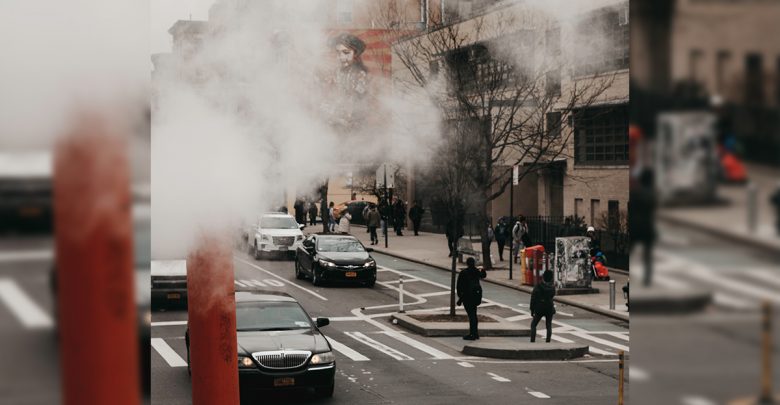We need to think systemically if we want to halt climate change
Individual solutions can only do so much, especially with the fate of the Earth on the line
 Photo by Alex Presa on Unsplash
Photo by Alex Presa on UnsplashIn case you didn’t have enough to be nihilistic about today, the latest UN report on climate change has some pretty bad news. Long story short, unless we can keep the world’s average temperature from rising beyond half a degree Celsius in the next ten years, the world as we know it is going to be permanently changed. There’s a possibility that we can still stave off our impending doom, but if we continue down our current path, that isn’t going to happen.
We need to treat climate change less like a personal problem and more like the systemic problem it is. Every time news about the state of our planet comes out, a slew of articles follow in response, talking about “what you can do to help stop the ice caps from melting” and “how to save the environment.” Don’t get me wrong, making personal choices to help the Earth is all well and good. But what we don’t seem to understand is that individual lifestyle choices are limited by factors beyond a person’s control, and may not even be our biggest problem when it comes to climate change.
Let’s look at cars. Passenger vehicles make up a little less than half of all transportation sector greenhouse gas emissions in Canada. While cutting down the number of cars on the road would decrease the amount of transportation pollution caused each year, there are numerous reasons why people need gas cars that simply aren’t being addressed any other way. Public transportation, while an affordable alternative for many, doesn’t work for everyone; buses and trains can be far too inefficient, especially if you work far from where you live. Bussing from one side of the city to the other can take hours (assuming the busses are running on time — looking at you, ETS), whereas a car can get you there much quicker. If you live in a place where public transportation isn’t accessible, or need to take heavy loads and/or take multiple passengers with you, public transportation might not make sense at all.
The electric car industry is growing, but it’s relatively new, and it’ll be a while before they become common and affordable enough to make a large-scale impact. People need cars to live their lives — there’s no getting around that.
But passenger vehicles don’t even compare to the damage wrought by large corporations. A recent study found that 71 per cent of all greenhouse gas emissions since 1988 can be attributed to 100 multinational companies. Over half of all emissions since human climate change was officially recognized can be traced back to 25 corporate and government entities. If we want to significantly reduce global greenhouse gas emissions, corporations must be held accountable. But that will take action on the part of the world’s governments, and they haven’t been great at that so far.
In 2015, nations from across the globe signed the Paris Agreement. Three years later, one of the world’s worst polluters has dropped out in the name of “America First,” and many of the countries that have stuck around haven’t met their pollution reduction targets. As a result, we’re currently on track to see global temperatures rise by 3 degrees Celsius by the end of the century — well past the point of no return.
Curbing climate change is going to take decisive and far-reaching action. For governments, that means greatly restricting the activities of the fossil fuel industry, investing heavily in sustainable energy, and incentivizing their citizens to make more environmentally friendly choices. For the common people, that means focusing less on what we can do as individuals and more on what we can accomplish collectively. We’re the single largest interest group out there, after all, and governments can’t ignore all of us. If we don’t hold those in power accountable now, we won’t get another opportunity later.




